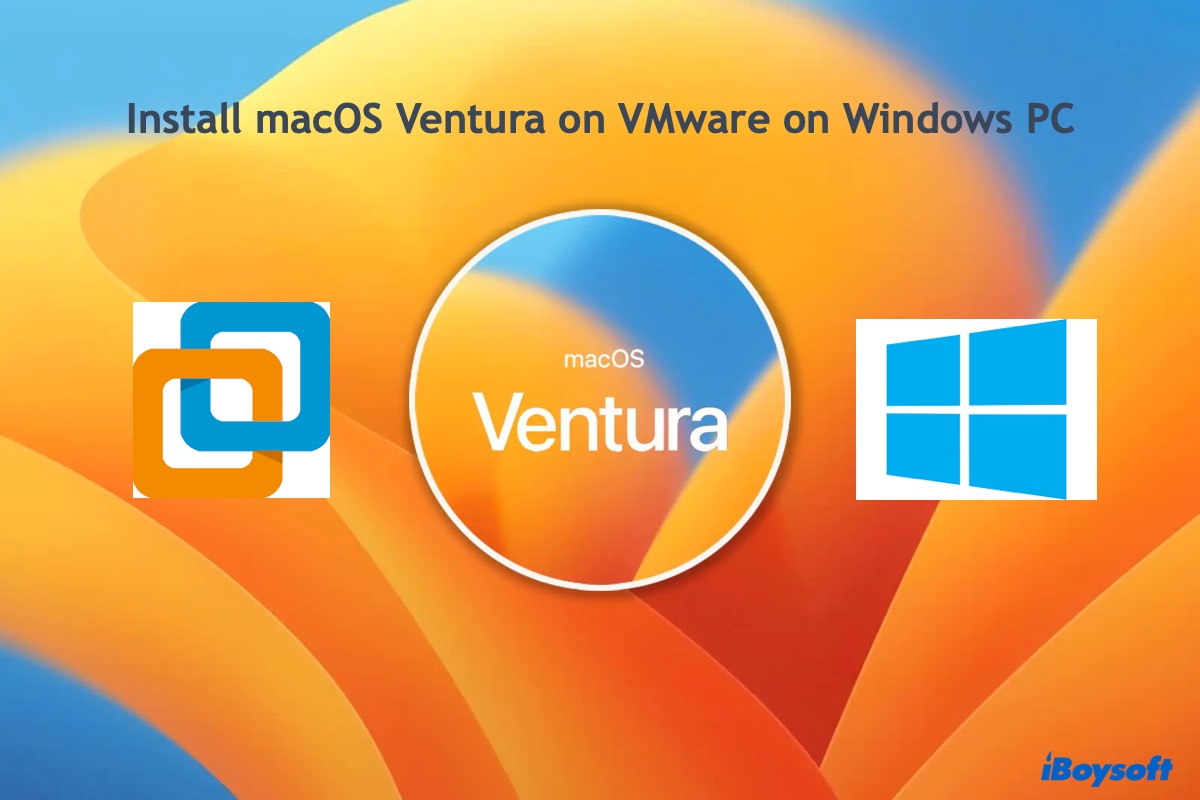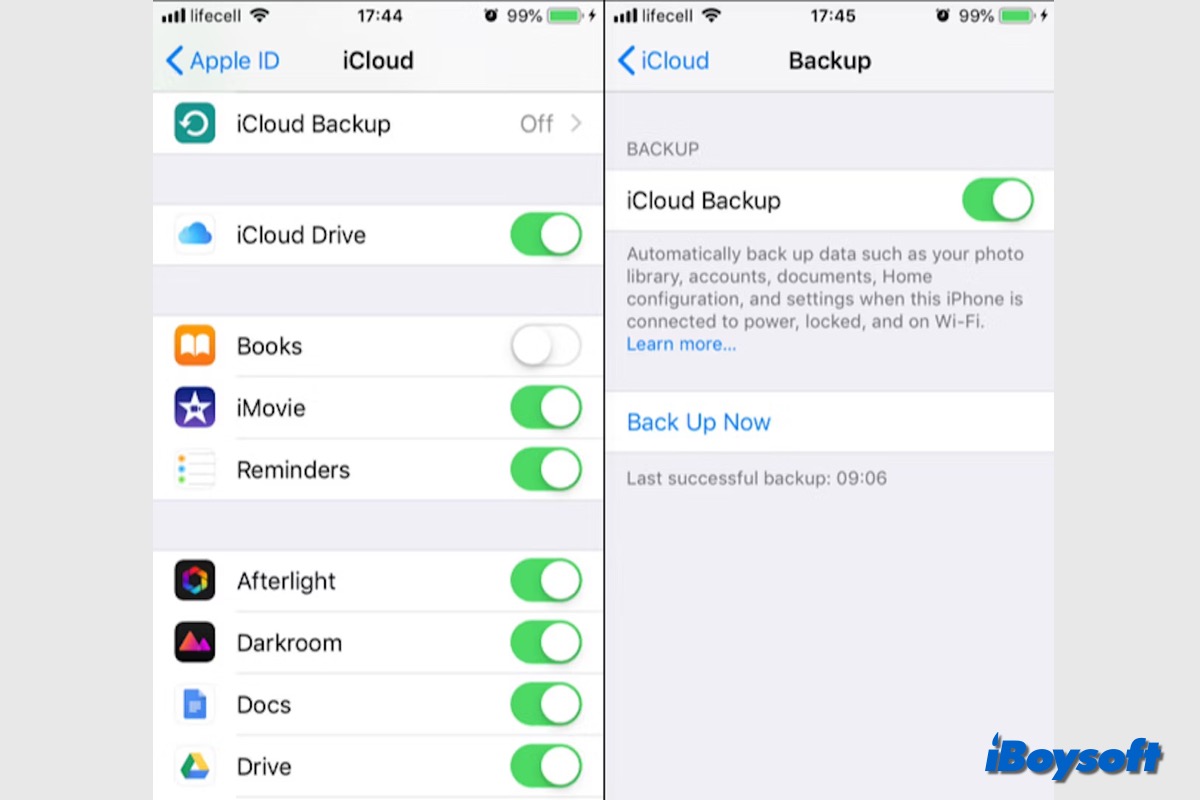If you want to choose a file system for your external SSD, I recommend APFS. But it not means Mac OS Extended is a worse file system compared to APFS, on the contrary, it is a really nice file system.
Actually, no matter whether it is APFS, Mac OS Extended, or FAT and exFAT, they are all common file systems used for Mac computers. Among them, FAT and exFAT are a little bit special cause they are developed by Windows, but are supported by both macOS and Windows.
APFS (the full name is Apple File System) is a proprietary file system developed by Apple. It is the default file system for Mac used in macOS 10.13 and later versions. Since your device is an M1 MacBook Air 2022, you don't have to worry about if the APFS is compatible with your Mac. Also, APFS is designed mainly for solid-state and flash drives.
Mac OS Extended (Journaled) also known as HFS+, HFS Plus, or HFS Extended, is a journaling file system. It is also the primary default file system for Mac drives until APFS replaced it. Differentiated from APFS, Mac OS Extended is a better choice for mechanical drives, or drives used on older macOS since it is a file system used by macOS 10.12 or earlier versions.
There are so many improvements on APFS compared to HFS+, like the huge improvements in metadata, and many actions such as copying and pasting files and folders can be done in an instant on an APFS-formatted drive. But, the biggest advantage of the Apple File System is that it is not compatible with Time Machine backups, which means you can make a copy of your Mac to an APFS drive using Apple's backup tool Time Machine.
But still, APFS is a better choice for your external SDD.
Read more:


